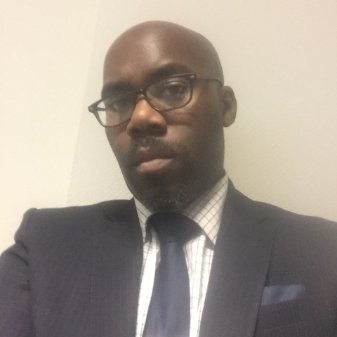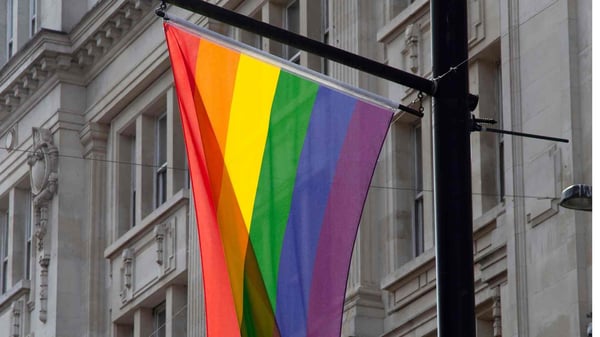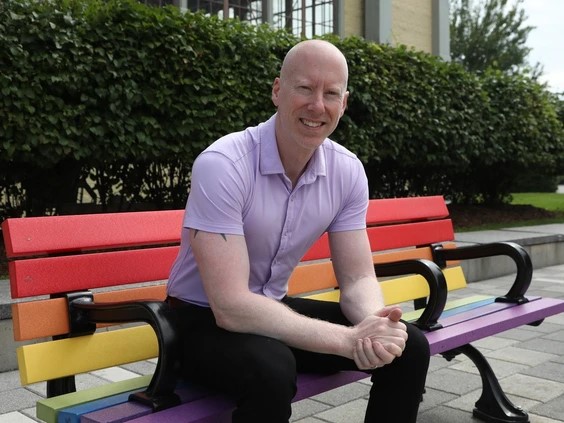Q&A: How JNet is increasing Jewish life awareness in the Civil Service
The Civil Service has a range of staff networks that exist to support civil servants from different backgrounds and to raise awareness about the barriers faced by these workers in central government. One of these groups is the Civil Service Jewish Network (JNet), a cross-government network of over 450 Jewish civil servants and other staff interested in Jewish culture.
JNet's co-chairs, Jacob Grantham, Sophie Bodanis and Aaron Simons, shared with Government Transformation in this Q&A what is the network's mission and how it is contributing to increase awareness of Jewish life within the Civil Service.
Why was JNet was founded?
JNet was founded in 2013 as a result of a conversation between two new entrants to the Civil Service who agreed that there was a need for a staff network for Jewish Civil Servants, similar to that for other faith and ethnic minority groups.
Our first event was organised to mark Chanukah in 2013, and this was held at Durbar Court in King Charles Street. The event was addressed by Baroness Warsi and multiple Jewish communal organisations were involved to help support us.
The intention in founding the network was to:
- Represent the Jewish perspective to the Civil Service and the Civil Service to the Jewish Community.
- Provide a place for Jewish civil servants and civil servants interested in Jewish culture to learn/socialise.
- Create networking opportunities between Jewish civil servants and other Jewish Networks
How does JNet work on a day-to-day basis?
We are currently run by the three co-chairs, with informal involvement of other members as specific initiatives come up. We are lucky to be sponsored by two high profile Senior Civil Servants, Tamara Finkelstein and Matthew Gould.
We have a strategy for 2021/22 that focuses on five key areas of activity for JNet: outreach and visibility; education and awareness; events and networking; diversity and inclusion; and advocacy and representation. This includes social events, meetings with Cabinet Office Diversity and Inclusion staff, and participating in cross-government diversity initiatives.
As part of this we work with the Civil Service Inclusive Practice Team, getting monthly updates, including on the recent Civil Service Diversity & Inclusion Strategy. It has been encouraging to see the Civil Service’s commitment to supporting staff networks as we help to ensure the organisation has a truly diverse workforce and culture of openness and inclusivity.
We produce a monthly newsletter as our main avenue of communication to the JNet members. This contains details of what we have been focusing on the previous month, events and activities members can attend or be involved in, messages of interest to our members and any other relevant content. We have over 450 members on our mailing list.
How does JNet increase awareness of, and support for, Jewish life and culture within the Civil Service?
We have run a variety of initiatives to increase awareness of Jewish life. For example:
- We have reviewed and published guidance for line managers on Jewish practice, to ensure the needs of Jewish civil servants are understood. We offer informal help or signpost to relevant community organisations when we are asked for more bespoke advice.
- We run activities around major Jewish religious festivals. The most significant is our annual Chanukah reception, which was held at Lancaster House this year, with attendees including the Chief Rabbi, Matthew Rycroft (the Civil Service Faith and Belief Champion) and our senior sponsors. In previous years we have also set up a Sukkah in Westminster for the festival of Sukkot, although this was not possible in 2020 and 2021 due to Covid restrictions
- We signpost to other Jewish communal initiatives such as Holocaust Memorial Day and Mitzvah Day
- We contribute to cross-government work such as the Faith and Belief toolkit and the Civil Service Diversity & Inclusion Strategy, via the Network Voices Advisory Group (NVAG)
- We arrange speaker events on topics of Jewish interest - for example we hosted David Baddiel and Lord Finkelstein to talk about Baddiel's latest book, Jews Don't Count.
What are the group's main priorities and challenges?
The biggest challenge we face is ensuring consistent cross-government coordination on diversity and inclusion (D&I) issues. All departments enforce D&I separately, and so reforming things like training or guidance means navigating lots of different institutional obstacles. This can be very time consuming as we run the Network on a volunteer basis on top of our day jobs. Initiatives such as the D&I Strategy are a good step towards a common approach for diversity and inclusion within the Civil Service, and we hope that will reduce the need for liaising with multiple parties across government to achieve cross-cutting outcomes.
Have you observed any changes in attitudes within the Civil Service as a result of JNet's work?
The Civil Service has always been very supportive of JNet and in helping us achieve our goals. JNet's work is more about creating a sense of community for Jewish Civil Servants and making them feel like they have a place here, which we do through our social events and networking in particular. In recent years it certainly seems like there are more and more Jews joining the Civil Service and it is seen as a good place to work for Jews.
We have found the Civil Service Inclusive Practice Team always has an open and receptive to listening to JNet concerns, and while there are challenges to overcome, it is clear we have a supportive employer who wants to work with us to improve working practices for Jewish civil servants. Often, the challenges we face are the result of the bureaucracy inherent in a large organisation, with the added complication of working across multiple departments, which can make delivering change from the grassroots difficult.
Do you collaborate with the other Civil Service diversity networks and, if so, what kind of projects do you work on together?
We have ad hoc engagement with other diversity networks, primarily other faith and belief groups. This includes events - for example we held an interfaith event with the Civil Service Muslim and Hindu Networks during COP26 on the environment and religious texts. We also worked closely with the Civil Service Muslim Network on combatting antisemitism after the most recent outbreak of hostilities in Israel and the Occupied Palestinian Territories. We have more formal collaboration as part of cross Civil Service monthly meetings of all the diversity groups.
What are your plans for the future?
We want to see JNet's membership increase, for our contributions to cross-government conversation on diversity to be more regular and formalised, and to see improvements in training, education, and guidance on Jewish issues.




